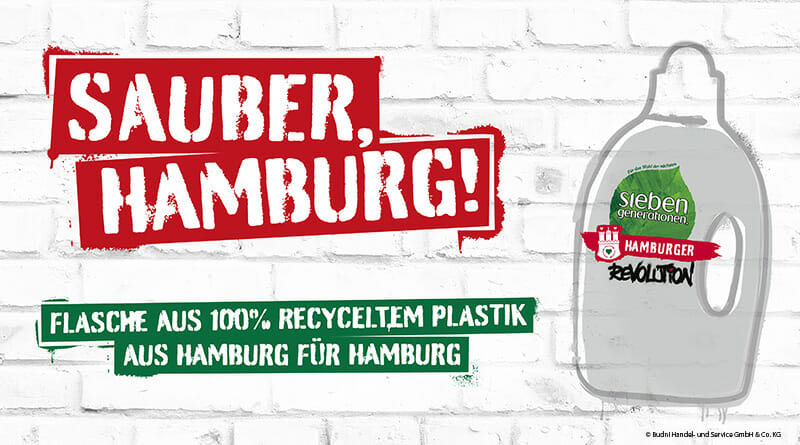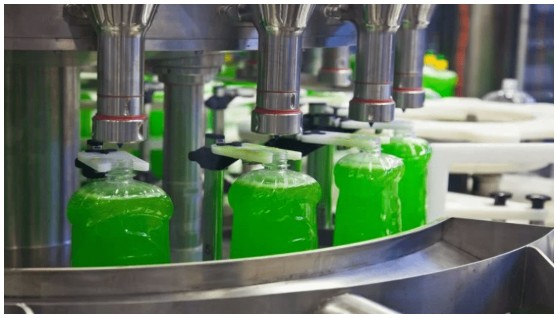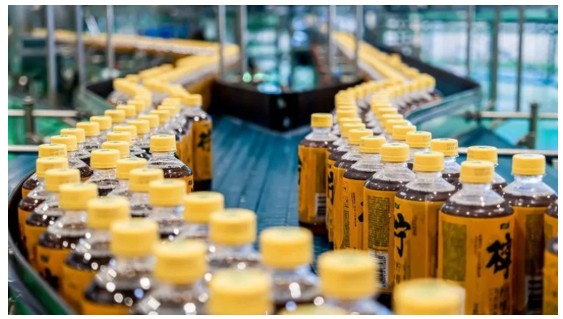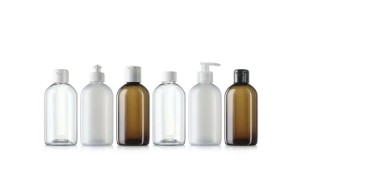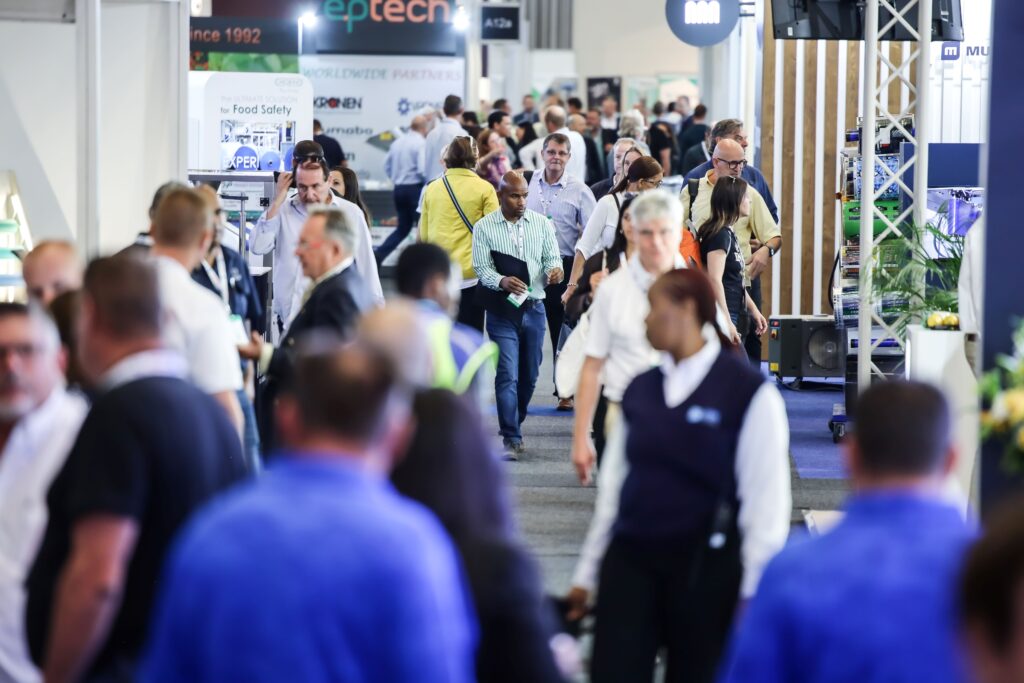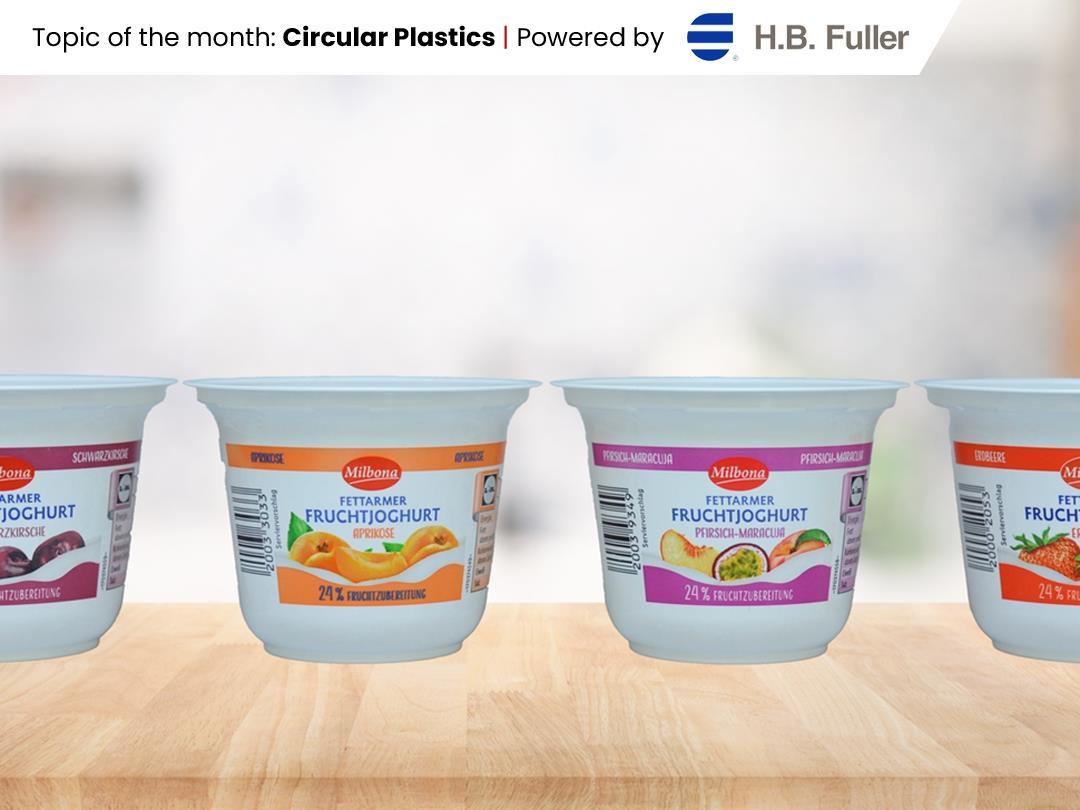In the end, Unilever’s recycled material will be used to produce a detergent bottle from 100 percent recycled plastic: an initiative unites five partners in Hamburg and shows how a recycling cycle can function regionally.
Stadtreinigung Hamburg, Veolia, Unilever, Budni and TU Hamburg have implemented a local recycling project. Hamburger Stadtreinigung collects the packaging waste in the recycling bin or „Gelber Sack” and delivers it to Veolia’s Hamburg sorting plant. There the waste is sorted and the plastic packaging required for the project, made of high-density polyethylene (HDPE), is pressed into bales.
In another plant, the HDPE is sorted by colour, crushed, cleaned, processed and formed into regranulates. This recycled material is finally used by Unilever to produce a “Sieben Generationen” brand of detergent bottles. This is sold by the trading partner Budni. The plastic is used as product packaging before and after recycling, in a bottle-to-bottle cycle.
Little recycled material from the recycling bin so faf
Hamburg’s “Wertstoff Innovative” was launched by the five project partners in spring 2019. All processes are to be accompanied by extensive tests and inspections, in cooperation with the Technical University of Hamburg. The findings are to be used to optimize the sorting and recycling processes. The partners emphasize that packaging made from recycled material is increasingly coming onto the market. However, up to now mainly recyclates from the deposit-paid PET one-way bottle stream have been used.
On the other hand, there is hardly any packaging whose plastic comes exclusively from packaging waste from a region’s reusable bin and does not contain recycled materials from production or industrial waste. The challenge was, among other things, that the recyclate has some differences to virgin plastic: it smells different, it looks different, it behaves differently during processing. However, the project partners were able to show with scientific support that a new high-quality packaging can be created from high-quality recyclate.

